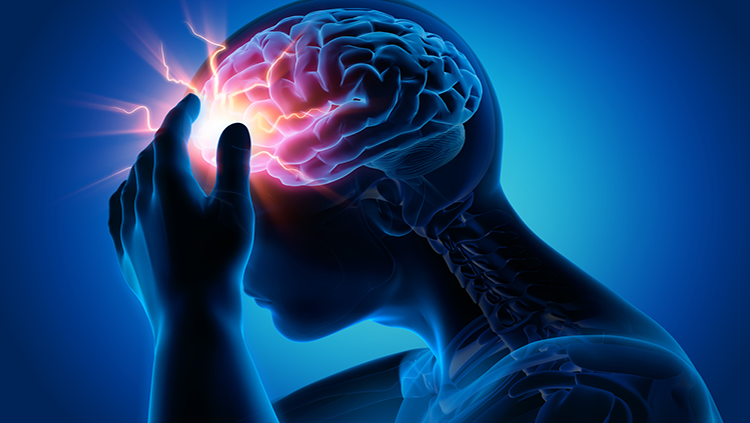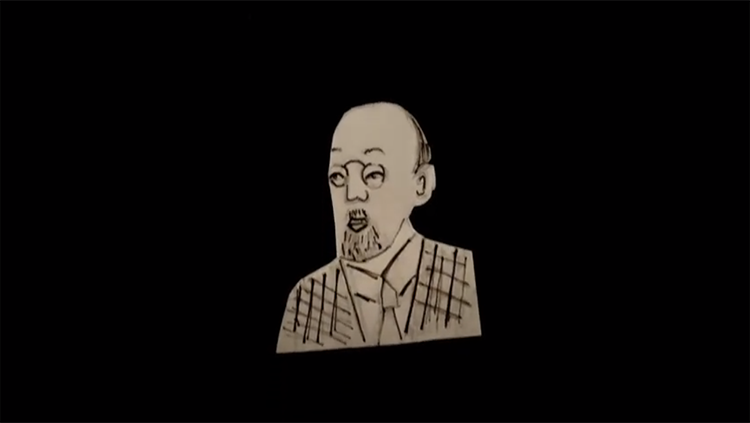Is brain damage always permanent?
- Published1 Jan 2010
- Reviewed1 Jan 2010
- Source BrainFacts/SfN
FALSE
In some instances, the brain can repair itself. Whether a person recovers from a brain injury depends on the location and severity of the damage. A concussion, a typically mild and common type of brain injury, usually results in only temporary disruption of brain functions as long as there is adequate recovery time and no repeated injury. Even after more serious brain injury, such as stroke, research indicates that — especially with the help of therapy — the brain may be capable of developing new connections and “reroute” function through healthy areas.
In some instances, the brain can repair itself. Whether a person recovers from a brain injury depends on the location and severity of the damage. A concussion, a typically mild and common type of brain injury, usually results in only temporary disruption of brain functions as long as there is adequate recovery time and no repeated injury. Even after more serious brain injury, such as stroke, research indicates that — especially with the help of therapy — the brain may be capable of developing new connections and “reroute” function through healthy areas.
CONTENT PROVIDED BY
BrainFacts/SfN
References
Brown JA. Recovery of motor function after stroke. Progress in Brain Research. 157: 223–8 (2006).
Orive G, Anitua E, Pedraz JL, Emerich DF. Biomaterials for promoting brain protection, repair and regeneration. Nature Reviews Neuroscience. 10: 682-692 (2009).
Plasticity during stroke recovery: from synapse to behavior. Nature Reviews Neuroscience. 10: 861-872 (2009).
Also In Injury
Trending
Popular articles on BrainFacts.org

















